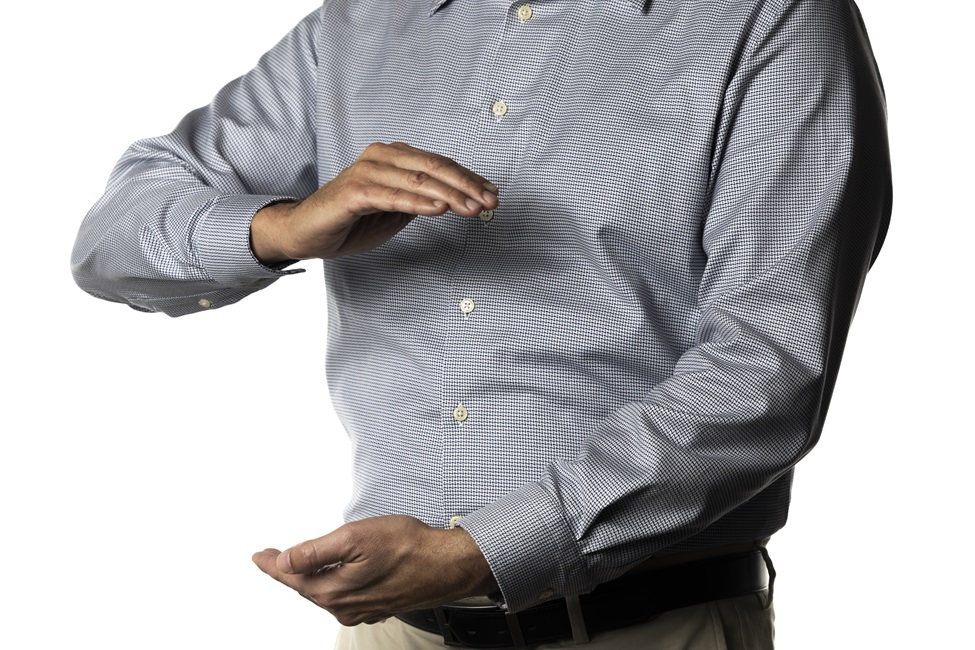Qigong Significantly Decreases Chronic Low Back Pain in U.S. Veterans

Qigong is a traditional Chinese practice combining gentle movements, breathing, and meditation. (Photo by Alex Dolce)
Chronic pain is widespread in the United States, particularly among military veterans, affecting between 40 to 70% of this population and serving as a leading cause of disability. Veterans experience chronic pain more often than civilians, with back pain being the most common. Up to 75% of older veterans report chronic pain, while younger veterans and those from recent conflicts face more severe pain.
Chronic low back pain in veterans affects not only physical health but also social and occupational functioning, often leading to job loss, financial stress and economic instability. Furthermore, veterans face higher rates of opioid prescriptions, increasing the risk of addiction and overdose. Treating chronic low back pain is complicated by comorbid conditions linked to military service, such as traumatic brain injury, PTSD and behavioral disorders. Nonpharmacological approaches are essential for effective pain management.
Researchers from Florida Atlantic University conducted a pilot study to evaluate the efficacy of qigong on biopsychosocial outcomes in veterans with chronic low back pain. Qigong (pronounced “chee-gong”) is a traditional Chinese practice that combines gentle movements, controlled breathing and meditation to cultivate and balance the body’s energy, often referred to as “qi” or “life force.”
The research team designed a novel qigong program for this research specifically applicable to managing chronic low back pain in veterans. The purpose of the eight-week longitudinal study was to evaluate the effects of the qigong intervention on biological, psychological and social measures outcomes in veterans with chronic low back pain compared to a wait-list control group.
Specifically, researchers assessed how the intervention impacted physical function, sleep disturbance, PTSD, depression, anxiety, positive affect, and social roles and activities. These assessments were conducted at multiple points during the study to measure the program’s preliminary effectiveness.
Results of the study, published in the journal Pain Management Nursing, indicate that all pain-related outcomes (pain intensity, low back pain-related disability, and pain interference) decreased significantly in the qigong group compared to the control group. In addition to chronic pain, sleep disturbance was significantly improved in the qigong group compared to the control group.
“This holistic approach addresses the complex challenges faced by veterans with chronic low back pain without relying on medications,” said Cheryl Krause-Parello, Ph.D., senior author, FAU associate vice president for research, founding director of Canines Providing Assistance to Wounded Warriors (C-PAWW), and associate executive director and faculty fellow, FAU Institute for Human Health and Disease Intervention (I-Health). “Armed with this knowledge, health care providers, such as nurses and physical therapists, should actively consider incorporating nonpharmacological interventions like qigong into treatment plans to enhance the overall well-being of veterans dealing with chronic low back pain.”
The study also found a significant connection between biological factors, such as inflammation markers, and psychosocial outcomes. For instance, higher levels of tumor necrosis factor (TNF) were strongly associated with poorer physical function. Similarly, the inflammatory marker IL-8 was linked to both pain-related disability and symptoms of PTSD. These findings suggest that inflammation may contribute to both physical and mental health challenges in individuals with chronic conditions.
Qigong is easy to learn, does not require specific sites or equipment, and can be practiced individually or collectively in a variety of styles, from slow, flowing exercises to still meditative postures. It is often used for relaxation, healing or spiritual growth. It is similar in some ways to Tai Chi but is more focused on internal energy work. Regular practice of qigong provides a range of therapy focused on the spine: gentle bending, stretching and strengthening based on the functional integrity of the spine and connective mechanisms.
“Stretching, loosening, strengthening and balancing techniques of qigong may release back tension, ease pain and improve flexibility and alignment,” said Krause-Parello. “Qigong practice can strengthen the musculoskeletal system and improve joint flexibility, motor function and movement coordination. It can activate postural improvements and decrease pain. Importantly, it can improve physical conditions and psychosocial function such as depression and social isolation in veterans with chronic back pain.”
Study co-authors are Juyoung Park, Ph.D., The University of Arizona College of Nursing; and David Newman, Ph.D., professor and statistician, FAU Christine E. Lynn College of Nursing.
The findings from this study will help the researchers explore the relationships among these biopsychosocial factors and estimate the effect sizes necessary for designing a fully powered clinical trial in the future.
-FAU-
Latest Research
- FAU's CA-AI Makes AI Smarter by Cleaning Up Bad Data Before It LearnsFAU engineering researchers from the CA-AI have developed a method to automatically detect and remove label noise from data before training begins, resulting in smarter, faster and more reliable AI.
- Logistics Leaders See Tight Capacity, High Prices Through Mid-2026The Logistics Managers' Index rose for the second consecutive month due to rising costs as the economy remains uncertain, according to researchers at Florida Atlantic University and four other schools.
- Green Seaweed Replaces Seagrass, But Sea Slugs Pose New ThreatsFAU Harbor Branch researchers found that Caulerpa prolifera has taken over seagrass in the Indian River Lagoon, reducing biodiversity, and recently raising concerns over rising numbers of sap-sucking sea slugs.
- To Build Muscle and Gain Strength, Train Smarter - Not LongerThink you need marathon gym sessions to build muscle? Think again. Less is more, according to a study by FAU exercise scientists, which confirms ditching long gym sessions will still show real results.
- Rings of Time: Unearthing Climate Secrets from Ancient TreesResearchers used radiocarbon dating and tree-ring analysis on subfossil bald cypress trees in a Southeast Georgia swamp, uncovering dramatic growth pattern shifts over centuries.
- FAU Hosts Second Annual FairfaxWood Amyloid Related Diseases SummitFAU's Charles E. Schmidt College of Medicine recently hosted the summit, bringing together top scientists from North America and Europe to discuss the latest amyloid research and advancements.






